Have you ever heard of something called “dementia sundowning”?
It’s a term used to describe a phenomenon that affects some people living with dementia. Dementia Sundowning refers to a set of behavioral changes that usually occur in the late afternoon or evening. In this article, we will explore what dementia sundowning is, how to prevent it, and what to do if it happens. Let’s dive in!

What is Dementia Sundowning?
Dementia sundowning is also known as sundown syndrome. It shows up as increased confusion, restlessness, and agitation. It tends to happen during the late afternoon or evening and can last into the night. Not everyone with dementia experiences sundowning. But for those who do, it can be very distressing for both the person with dementia and their caregivers.

Understanding the Causes:

Preventing Dementia Sundowning:
While it may not be possible to completely prevent sundowning, there are strategies that can help reduce its frequency and severity. The following tips can significantly improve the overall well-being of individuals with dementia

a) Establish a Routine:
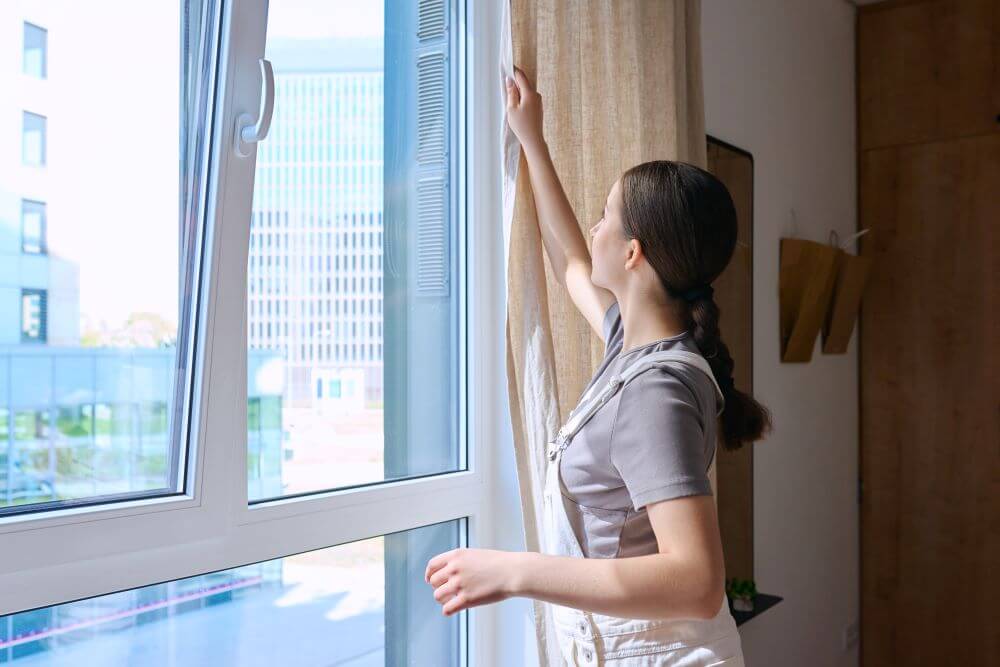
b) Create a Calm Environment:

c) Watch Food and Drink Intake:
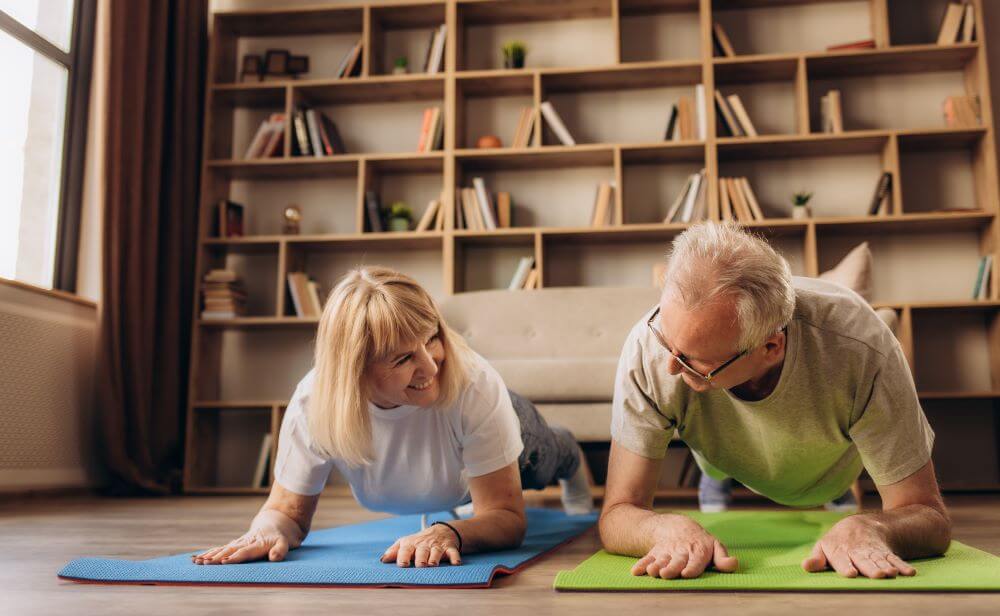
d) Promote Physical Activity:

e) Manage Medications:

Let the Sun In: Harnessing the Power of Sunlight to Manage Sundowning in Dementia
Sunlight can play a big role in managing sundowning in individuals with dementia. Here’s a bit more info:
1. Natural Light Exposure: Ensure that the person gets plenty of natural light during the day. This can help regulate their circadian rhythm, making it easier for them to distinguish between day and night.
2. Morning Sun: If possible, try to expose them to sunlight in the morning. It helps set their internal clock and promotes wakefulness during the day.
3. Outdoor Activities: Encourage outdoor activities like short walks or sitting in a garden. Being in nature and soaking up sunlight can have positive effects on mood and sleep patterns.
4. Light Therapy: In case natural sunlight is limited, consider using light therapy lamps. These lamps mimic natural sunlight and can be used indoors to help regulate the sleep-wake cycle.
5. Be Mindful of Evening Light: As evening approaches, try to reduce exposure to bright lights. Dim the lights gradually to signal that bedtime is approaching.
Remember, a good dose of sunlight can do wonders for overall well-being, not just in managing sundowning. Give it a try and see the positive impact it can have! 🌞
Coping with Dementia Sundowning:
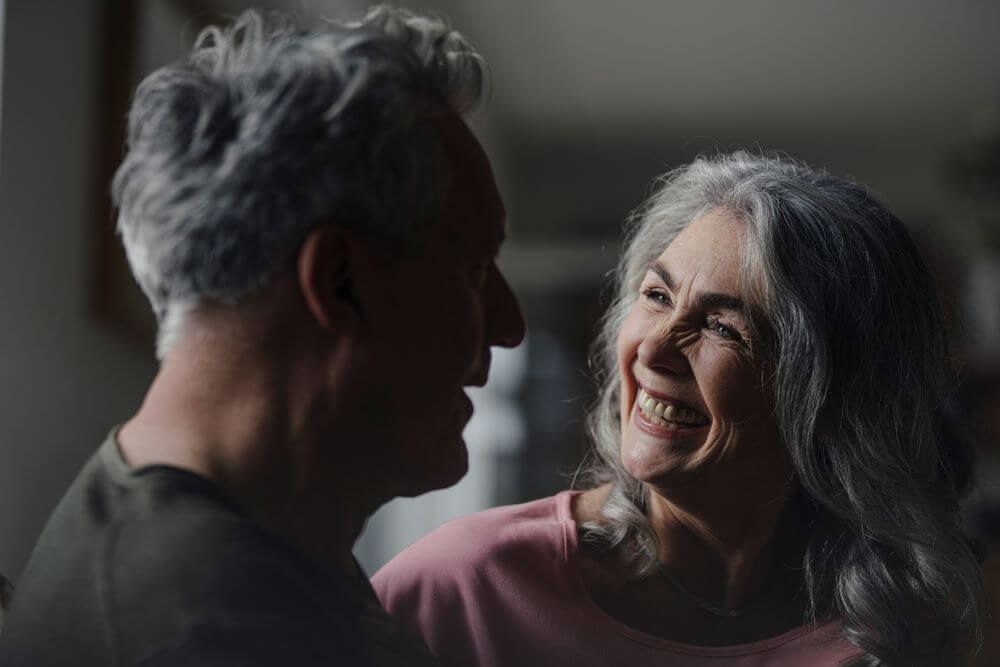
a) Maintain a Calm Demeanor:

b) Engage in Soothing Activities:

c) Ensure Safety:

d) Establish a Bedtime Routine:
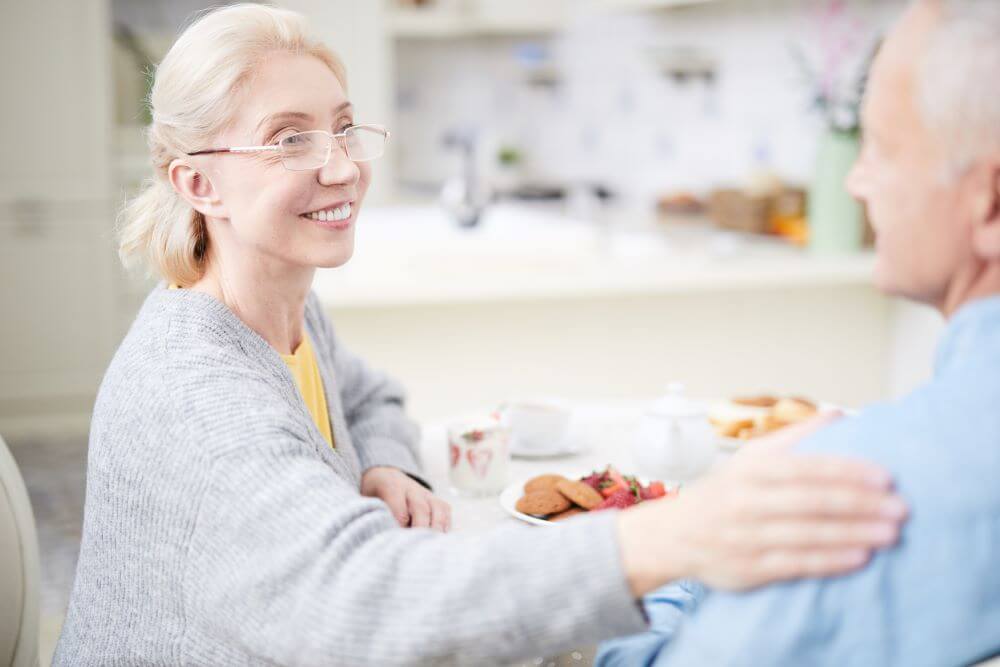
e) Provide Comfort and Reassurance:

f) Avoid Arguments and Confrontation:

g) Seek Professional Support:
If sundowning becomes a persistent issue or affects the person’s well-being, don’t hesitate to consult a healthcare professional. They can provide guidance. They can evaluate the person’s overall health. They can recommend interventions tailored to the individual’s needs. In some cases, medication or adjustments to the treatment plan may be necessary.
Conclusion:
Dementia sundowning can be a challenging aspect of caring for someone with dementia. However, by understanding the condition and implementing preventive measures, such as maintaining routines, creating a calm environment, and addressing the person’s physical and emotional needs, we can help reduce its impact.
When sundowning episodes occur, responding with patience, engaging in soothing activities, and ensuring safety is vital. Remember, each person with dementia is unique, so finding the right approach may require some trial and error. With support and compassion, we can navigate the challenges of sundowning and provide comfort and care to our loved ones.
The Dementia Caregiver Blog Library
Activities, Advanced Directives, Agitation, Apathy, Approach, Apps for Caregivers, Basic Caregiving, Bathing, Bathroom Safety, Caregiver Burnout, Caregiver Compassion, Caregiver Emotions, Caregiver Help, Caregiver Loneliness, Caregiver Support, Cold & Flu Season, Communication Challenges, Dehydration, Dementia Complications, Dementia Doctors, Dementia Safety Home, Dementia Types, Dementia-Friendly, Dressing Issues, Driving Safety, Eating Problems, Fall Prevention, Family Help, Finances, Guns & Dementia, Harm Prevention, Healthcare, Help at Home, Hiding Dementia, Holidays, Hospice, Hospital Stay, In-Between Stage, Kitchen Safety, Laughter, Legal Healthcare, Marijuana use, Medication Tips, Music, Nutrition, Pain, Patience, Poop Problems, Relationships, Reminiscing, Routine, Safety, Sense of Purpose, Shadowing, Sleep Issues, Stages of Dementia, Sundowning, Television, Time Travel, Traveling, Toileting, Wandering
Exploring Caregiving Tools & Resources? Don't Forget to Check Out My Resource Page! 🌟
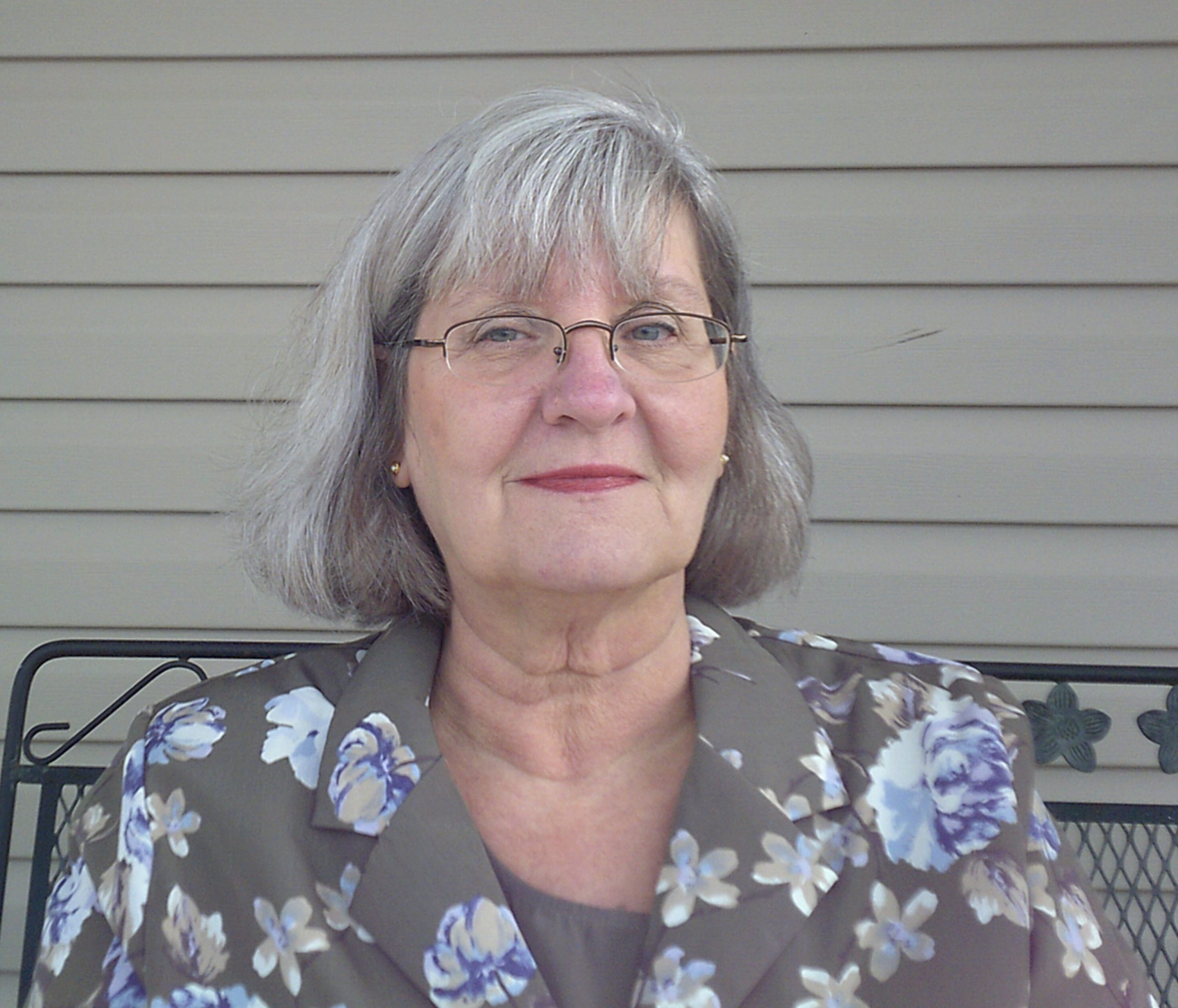
Hi, I’m Larea, a Certified Dementia Specialist and Registered Nurse with 30 years of hands-on experience helping dementia patients in various settings, from hospitals to nursing homes and hospice. Drawing on personal experiences with my family members and patients over the years, I’m here to help guide you on your caregiving journey.

